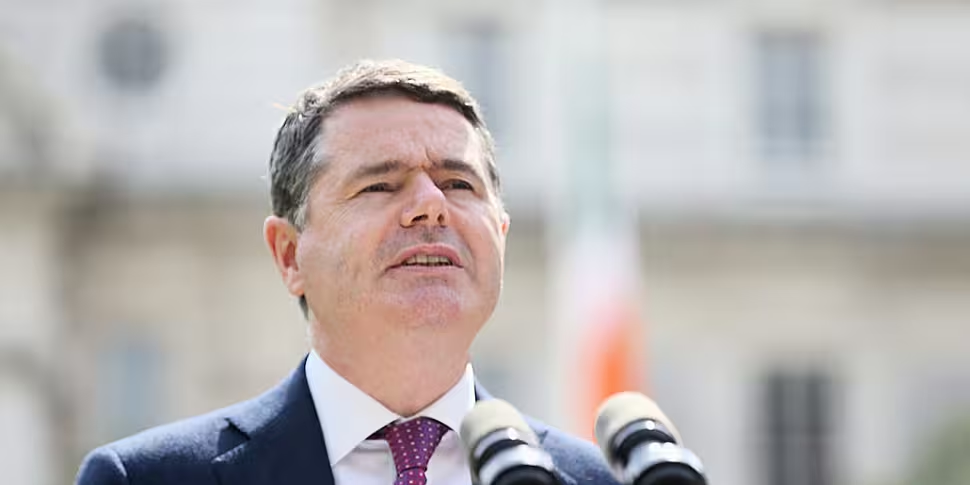The Finance Minister has confirmed Budget 2020 will be based "on the assumption of a no-deal Brexit".
Paschal Donohoe outlined his plans at a Cabinet meeting this morning, ahead of next month's Budget announcement.
The Finance Minister has also ruled out any personal tax cuts in the budget, saying he's instead going to make "a set of very safe choices in relation to taxation" ahead of Brexit.
💶 Finance Minister Paschal Donohoe says the budget will now be prepared on the basis of a no deal Brexit 💶
He’s also ruled out any personal tax cuts and says the social welfare package will be scaled back compared to previous years pic.twitter.com/goF5AOYbda— Stephen Murphy (@StephenMNews) September 11, 2019
The tax and spending plans for next year are due to be announced on October 8th - just weeks before Britain’s due to leave the EU.
Minister Donohoe says the decision to plan based on no-deal is to give certainty to people across the country, as well as businesses in vulnerable sectors.
He has confirmed any tax changes will be “minimal”, and a social welfare package in the Budget will be scaled back compared to previous years.
€900 million in capital spending will still go ahead.
Speaking after the Cabinet meeting, Minister Donohoe said it will be a 'safe and careful' Budget aimed at ensuring the country is prepared for the possibility of the UK crashing out of the EU without a deal on October 31st.
He said: "While the economic situation is relatively healthy at present, there remain a number of significant risks to the outlook, including the increasing likelihood of a no-deal Brexit.
"Basing Budget 2020 on the assumption of a no-deal Brexit is sensible budgetary strategy and one that the government intends to follow."
In the summer economic statement, the Government said it would consider two budget approaches, depending on whether an orderly or disorderly Brexit was likely.
They've now decided on a no-deal approach given the ongoing uncertainty over Brexit in the UK, as well as Budget 2020 now being only four weeks away.
The Government has committed to additional funding for services and "making progress on particular policy areas".
However, a 'second phase' of the financial planning will involve supporting sectors and regions "most exposed to Brexit-related disruption".









